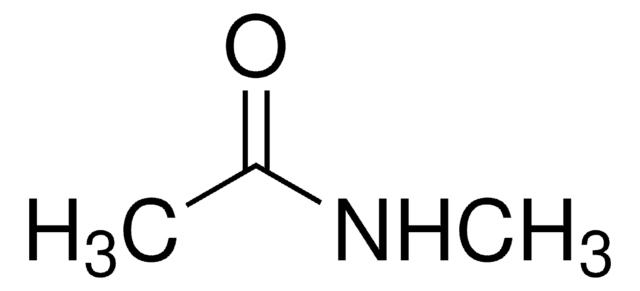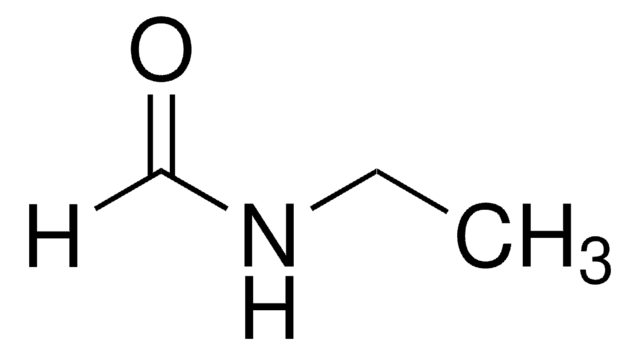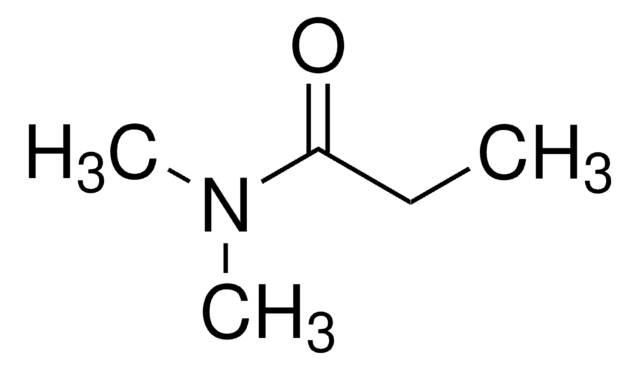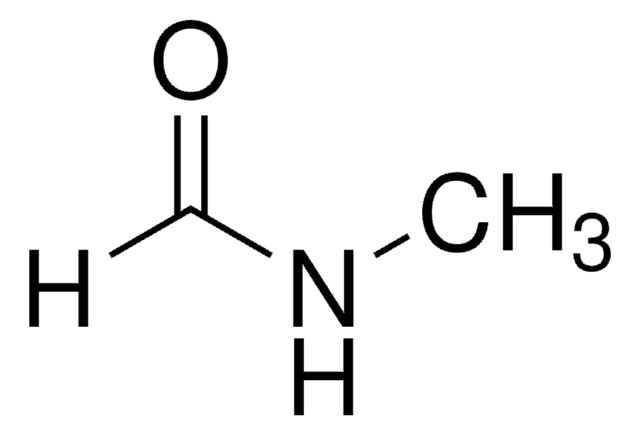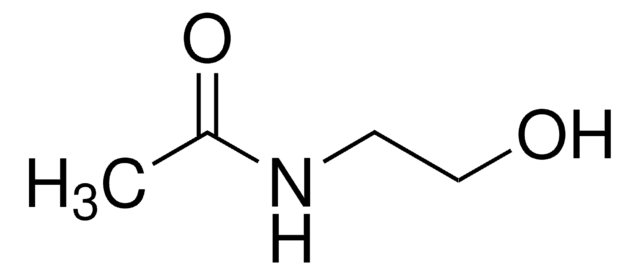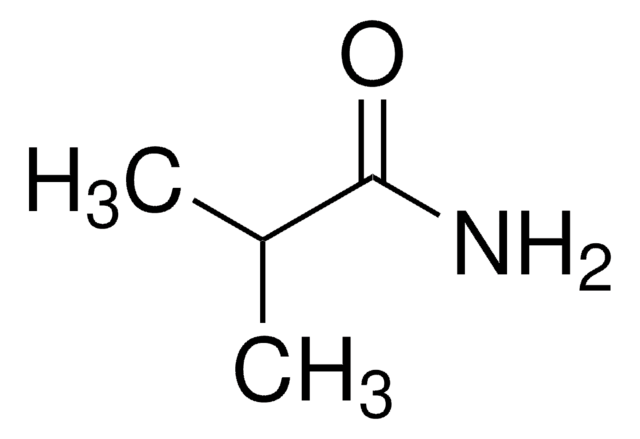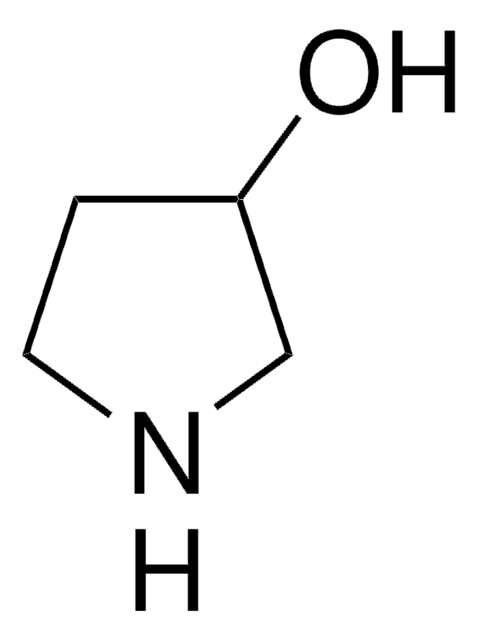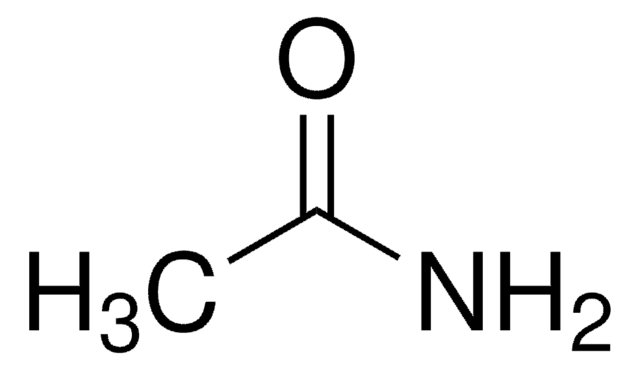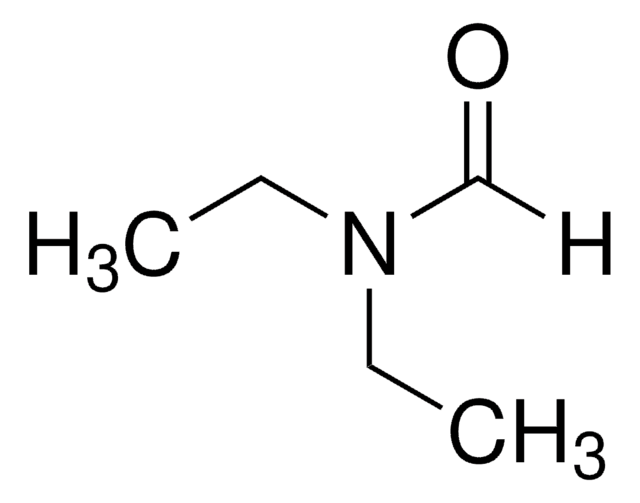147400
N-Ethylacetamide
99%
Synonym(s):
Acetamidoethane, N-Acetylethylamine
About This Item
Recommended Products
Quality Level
Assay
99%
form
liquid
refractive index
n20/D 1.433 (lit.)
bp
90-92 °C/8 mmHg (lit.)
density
0.924 g/mL at 25 °C (lit.)
functional group
amide
SMILES string
CCNC(C)=O
InChI
1S/C4H9NO/c1-3-5-4(2)6/h3H2,1-2H3,(H,5,6)
InChI key
PMDCZENCAXMSOU-UHFFFAOYSA-N
Looking for similar products? Visit Product Comparison Guide
General description
Application
Regulatory Listings
Regulatory Listings are mainly provided for chemical products. Only limited information can be provided here for non-chemical products. No entry means none of the components are listed. It is the user’s obligation to ensure the safe and legal use of the product.
FSL
Group 4: Flammable liquids
Type 3 petroleums
Hazardous rank III
Water insoluble liquid
JAN Code
147400-25G:
147400-VAR:
147400-BULK:
Choose from one of the most recent versions:
Already Own This Product?
Find documentation for the products that you have recently purchased in the Document Library.
Customers Also Viewed
Our team of scientists has experience in all areas of research including Life Science, Material Science, Chemical Synthesis, Chromatography, Analytical and many others.
Contact Technical Service
